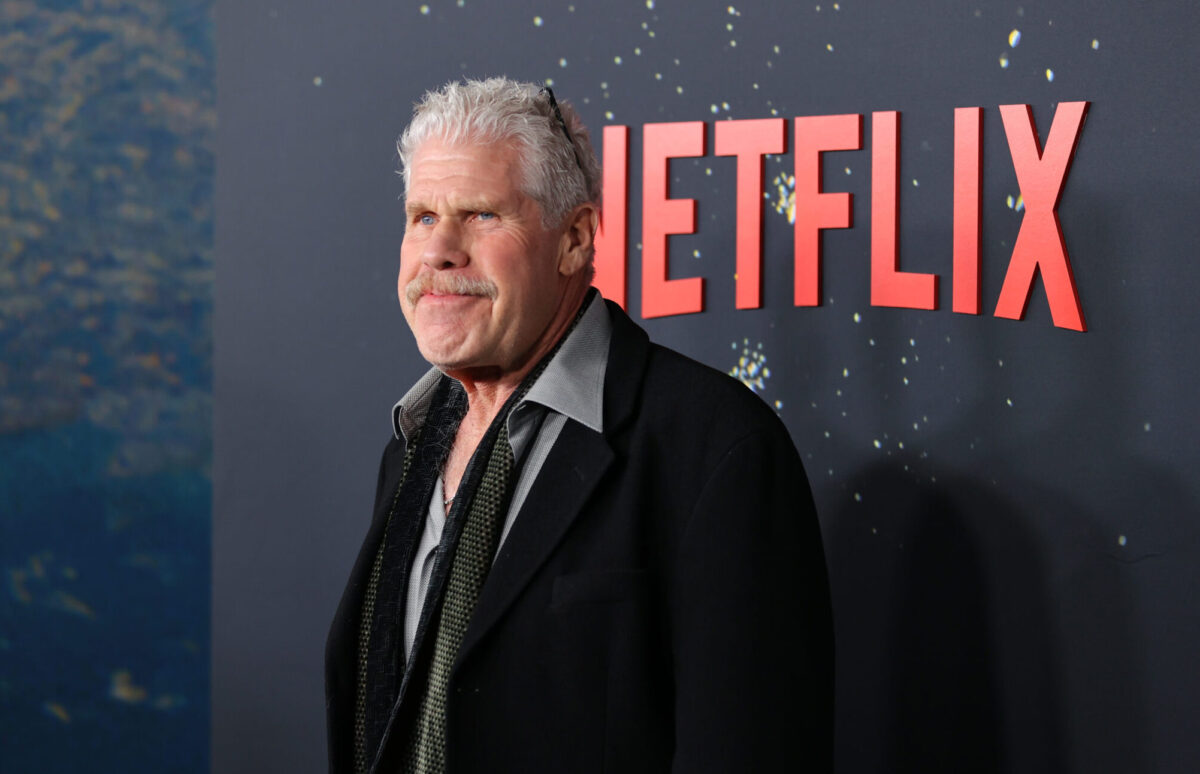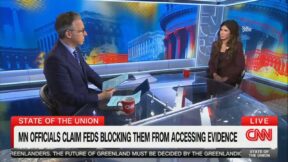Ron Perlman Destroys Critics Who Trashed Don’t Look Up as ‘Smug’ and ‘Too Ambitious’: ‘F*ck You and Your Self-Importance’

Mike Coppola/Getty Images
Ron Perlman has sent a harsh message to critics of Netflix’s Don’t Look Up.
“Fuck you and your self-importance and this self-perpetuating need to say everything bad about something just so that you can get some attention for something that you had no idea about creating,” Perlman, who portrays Benedict Drask in the film, told The Independent. “It’s corrupt. And it’s sick. And it’s twisted.”
While Don’t Look Up received a solid 78 percent as their audience score on Rotten Tomatoes, the film received mixed views from critics, ultimately failing to earn a “fresh” rating with a score of 55 percent.
Critics largely found that the film, directed by Adam McKay, lacked subtlety as a satire and was too heavy-handed.
“McKay’s movies are not particularly pointed in their satire and, as time has gone on, have increasingly settled into their preferred form of a harangue,” wrote New York Magazine’s Alison Willmore.
“Clearly a commentary on global warming, which folds neatly into a treatise on our ongoing Covid-19 crisis, Don’t Look Up takes aim at plenty of ills — especially the scourge of science-deniers,” Salon’s Tim Grierson said in his review. “But a smug, self-satisfied approach proves insufficient at addressing the legitimate woes at core of this picture.”
In a review for ReelViews, James Berardinelli also slammed the film as “too ambitious” and as “a failure on too many levels.”
“The satire not only lacks subtlety, it pushes the bounds of ridiculousness to levels where it works neither as a comedy nor as social commentary,” Bernardinelli added. “McKay might be aiming for Dr. Strangelove but the feebleness of his General Buck Turgidson knockoff (played by an unsmiling Ron Perlman) illustrates how far wide he misses the mark.
Perlman went on to say that the criticism is “part of how the internet has almost killed journalism,” adding, “And now journalism is trying to do everything they can to co-opt and maintain their importance.”
McKay, however, had a different reaction to the negative reviews, telling IndieWire that he appreciates when his audience is divided.
“It’s important to have debate and passionate critics. We’re living at a time like no other and stories are part of it. People should be hating them, loving them, going back and forth,” he said. “We welcome the negative reviews. I actually think it’s really good, that people should be fighting and passionate about it.”





Comments
↓ Scroll down for comments ↓